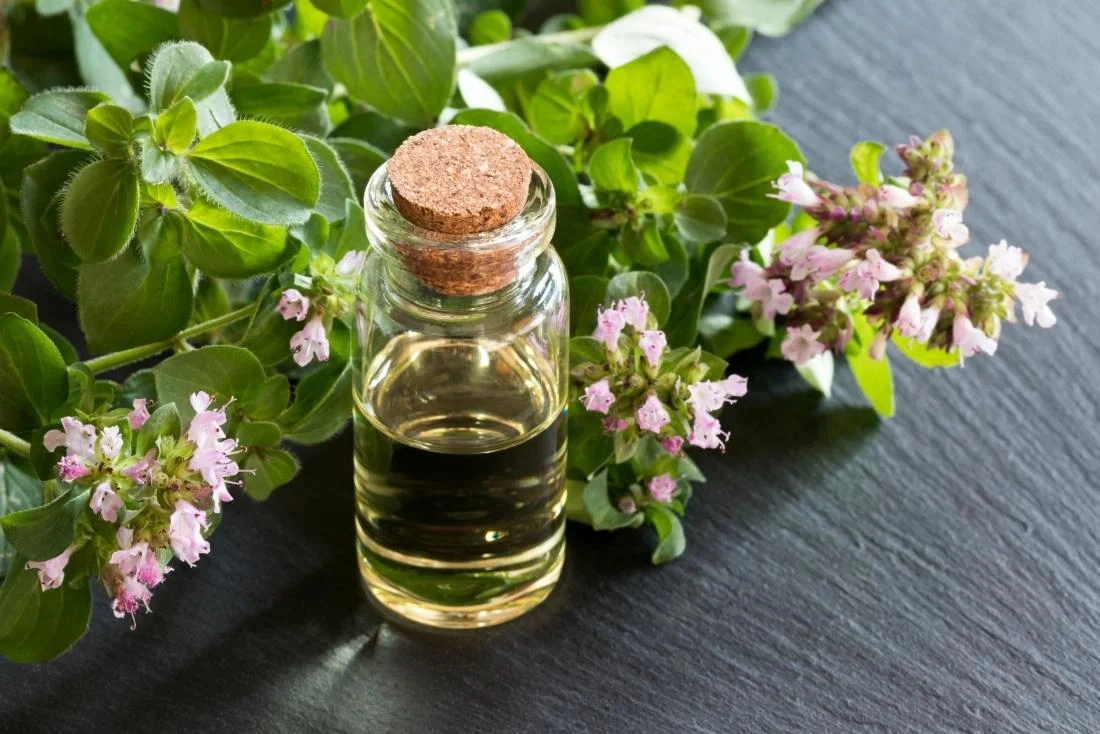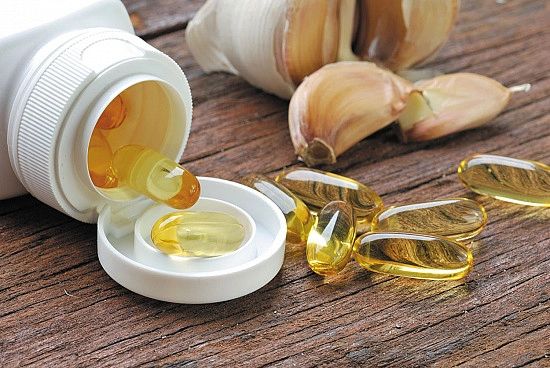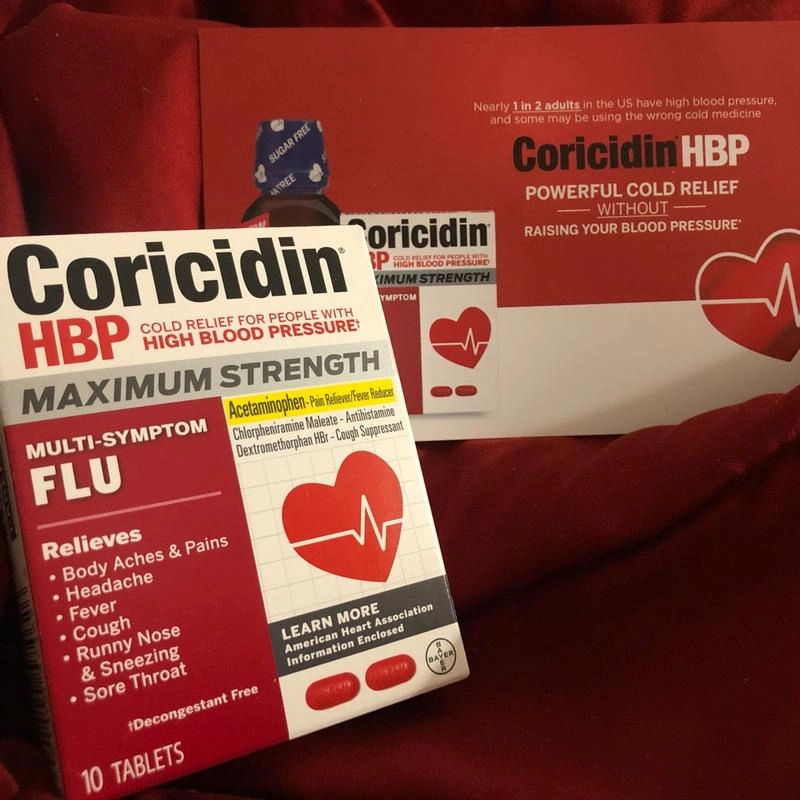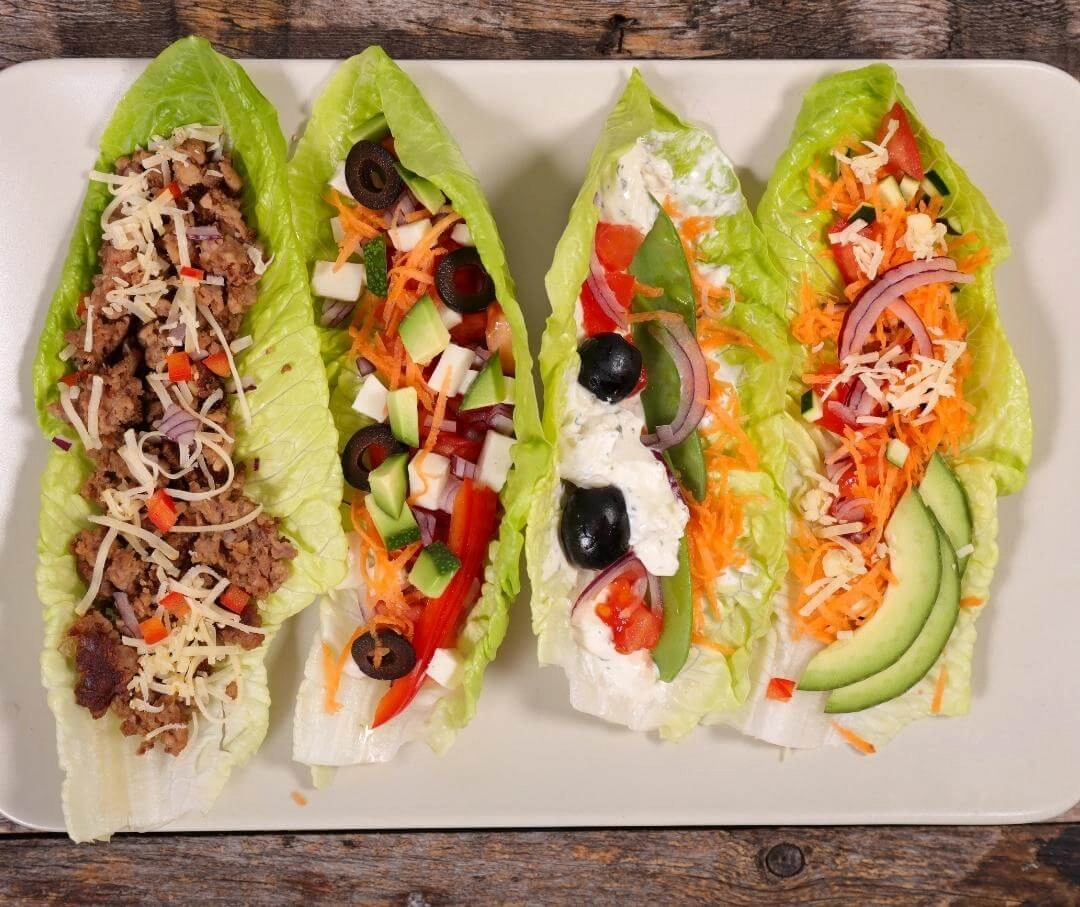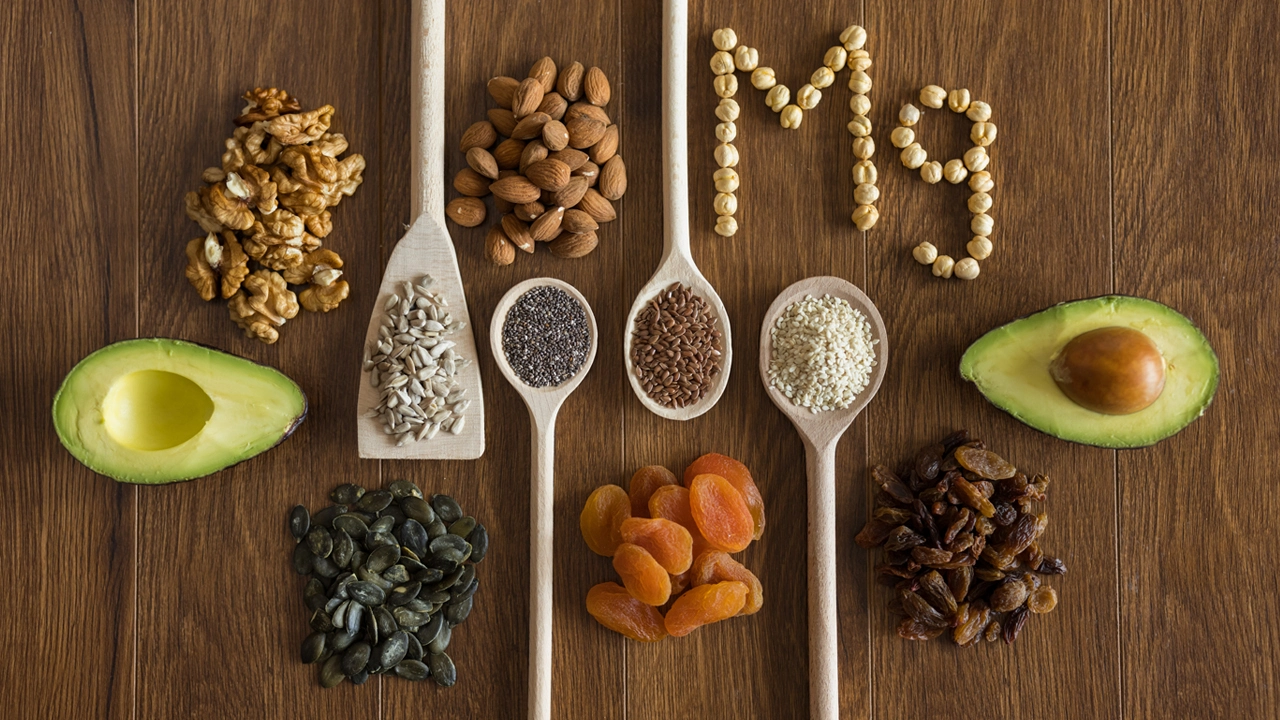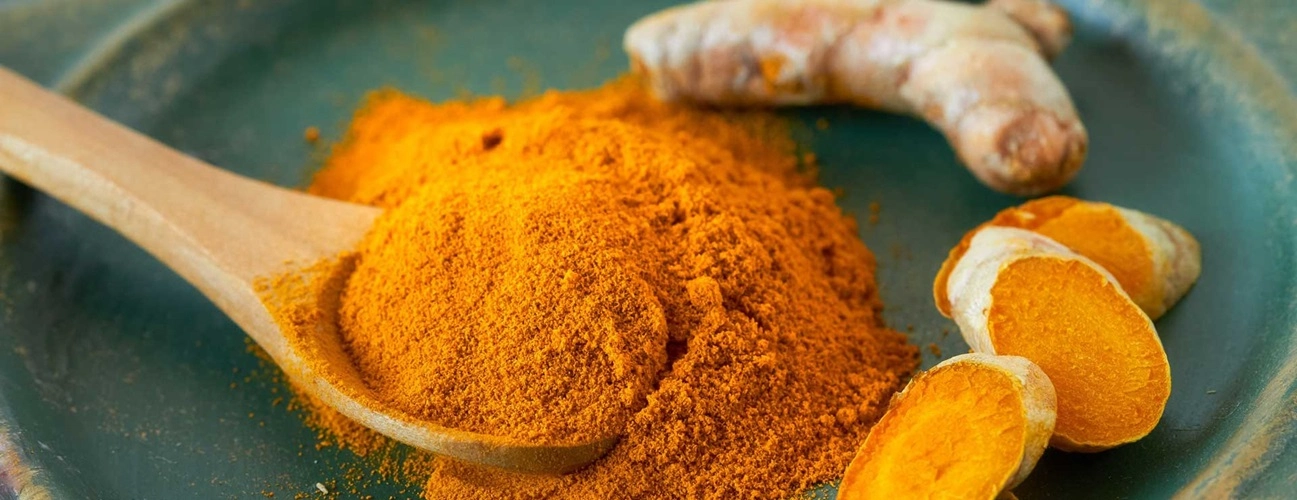Essential Oils to Lower Blood Pressure: Hypertension or high blood pressure is a global health issue, and millions of people suffer from this. It can lead to a heart attack, stroke, and failure of the kidneys. Although common treatments include medication and lifestyle changes, such as diet or exercise, many are now turning to natural methods like essential oils as complementary treatments for high blood pressure.
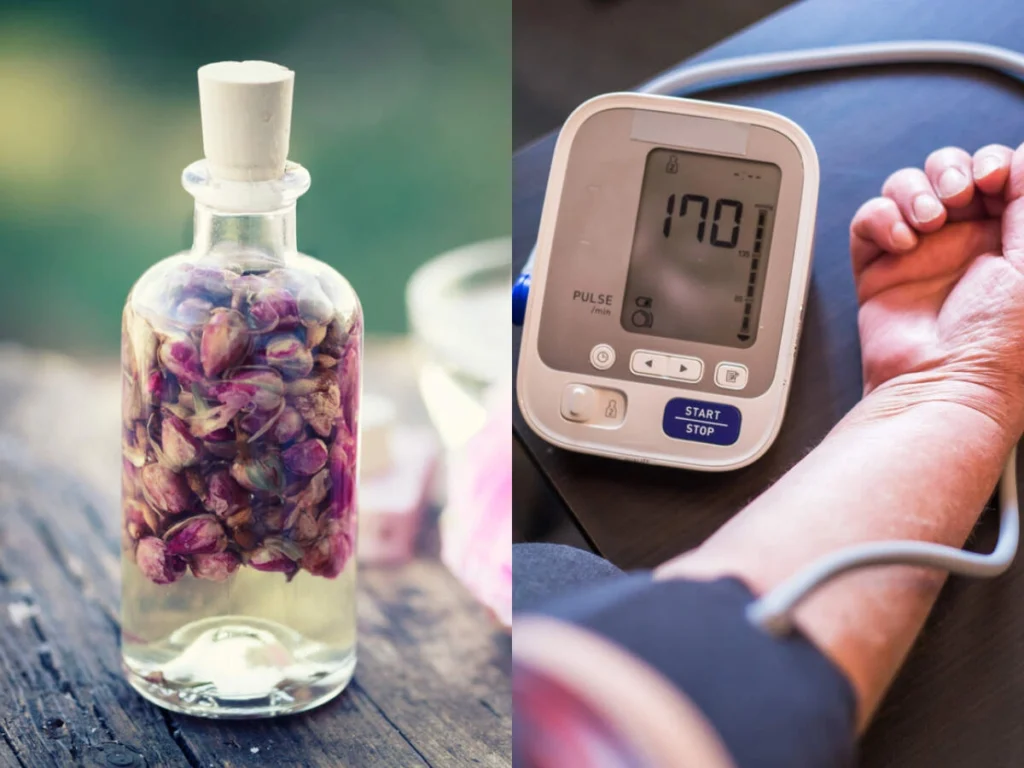
In this post, we’ll dive into how essential oils can help reduce blood pressure, which oils are best for doing so, the safe use of essential oils, and the scientific research that backs their use.
Essential Oils to Lower Blood Pressure
It is the pressure that blood exerts against the walls of the arteries. It is quantified using two numbers:
• Systolic pressure: the first number, indicating the pressure when the heart beats.
• Diastolic pressure: The bottom number, which measures pressure when the heart is at rest.
Normal blood pressure typically will have a measurement of approximately 120/80 mmHg. A person is said to be hypertensive when readings are consistently over 130/80 mmHg.
How Do Essential Oils Work for Blood Pressure
Essential oils are concentrated extracts of the source plant that retain the aroma and potential beneficial compounds of that plant. They can have an effect on the body in several ways:
• Decrease stress and anxiety, two of the most important contributors to high blood pressure:
• Help with relaxation and sleep, support overall cardiovascular health.
• Increasing circulation and possibly opening up blood vessels.
• [It has heart-healthy anti-inflammatory and antioxidant properties.]
So, let’s get into the best essential oils to reduce blood pressure.
Best Essential Oils for Reducing High Blood Pressure
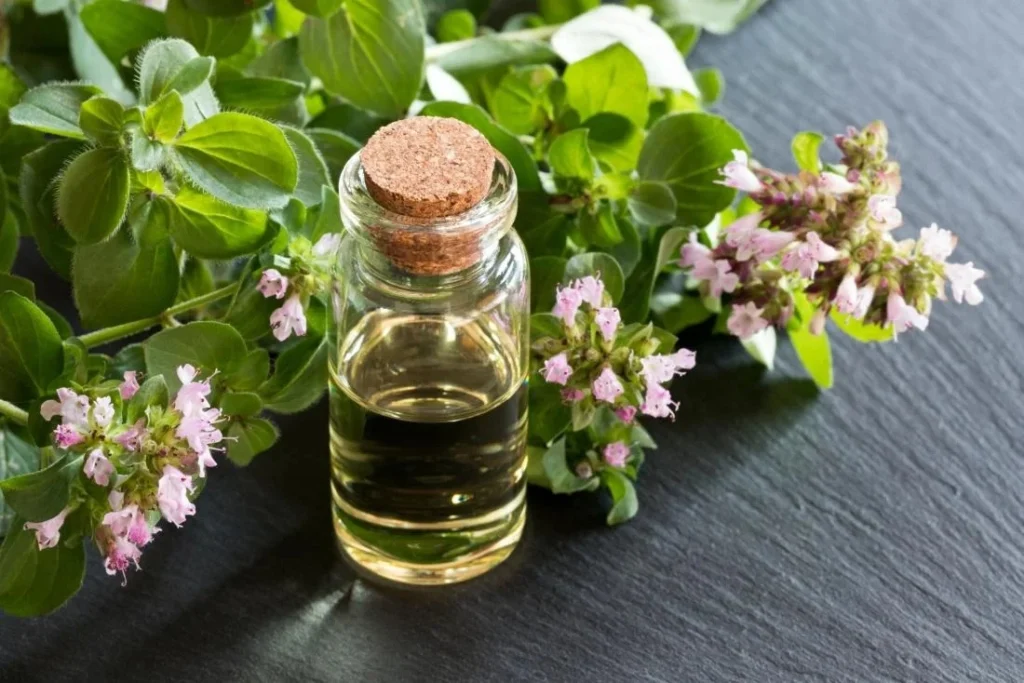
Lavender Essential Oil
We all have heard that lavender has calming and sedative effects. It may help relieve stress, induce relaxation, and foster better sleep, all of which can lower blood pressure.
How it works:
• Calms the nervous system.
• Lowers cortisol (stress hormone) levels.
• Promotes a slow heart rate and relaxed muscles.
How to use:
• Diffuse 5 drops in the diffuser an hour before sleep.
• Dilute in a carrier oil and apply to temples or chest.
• Put a few drops into a warm bath.
Ylang Ylang Essential Oil
Ylang ylang is derived from the flowers of the Cananga tree, and it is known as a natural method of lowering blood pressure.
Benefits:
• Has sedative properties.
• Widens blood vessels (vasodilation).
• Lowers heart rate and anxiety.
How to use:
• Breathe in straight from the bottle or diffuser.
• Mix with lavender for a stress-relieving massage oil.
Bergamot Essential Oil
Bergamot, a citrus-smelling oil, is mood-lifting and can reduce both stress and blood pressure.
Key actions:
• Elevates mood, reduces anxiety
• Balancing the autonomic nervous system function.
• It can decrease systolic and diastolic pressure.
How to use:
• Put in a diffuser or humidifier.
• Diluted oil is then applied to wrists or behind the ears.
Clary Sage Essential Oil
Clary sage is another stronger oil that can relieve stress and balance hormones, and there’s evidence that it can lower blood pressure.
What it does:
• Reduces cortisol levels.
• Acts as a mild sedative.
• Supports the nervous system.
How to use:
• Use it in a diffuser while meditating or doing yoga.
• Rub a carrier oil onto the abdomen with it.
Frankincense Essential Oil
Frankincense, the healing properties of which have been utilized for centuries, has also been found to support the cardiovascular system, making it one of the best oils to support optimal blood circulation and fat metabolism.
Potential benefits:
• Encourages deep breaths and serene energies.
• Reduces inflammation.
• In combination with other oils, it helps to manage hypertension.
How to use:
• Use in a diffuser for day-to-day stress relief.
• Use with lavender or myrrh for enhanced effects.
Marjoram Essential Oil
Sadly, marjoram is just an often-neglected and underrated potent natural remedy for high blood pressure, thanks to its vasodilating and sedative effects.
How it helps:
• Relaxes blood vessels and muscles.
• Encourages restful sleep.
• Reduces mental tension.
How to use:
• Add to massage blends.
• Breathe in before bed or in times of stress.
Rose Essential Oil
Apart from its mood-improving properties, rose oil helps control blood pressure by keeping the emotions in check.
Benefits:
• Reduces anxiety and stress.
• Improves emotional well-being.
• Encourages a gentle release of the body.
How to use:
• Use in aromatherapy sessions.
• Combine with sweet almond oil for a soothing massage.
Lemon Essential Oil
It is energizing, but also calms the cardiovascular system. It contains a lot of antioxidants that promote heart health.
What it does:
• Enhances circulation.
• It lowers high blood pressure caused by stress.
• Supports detoxification.
How to use:
• Represents diffusion in the morning for a fresh start.
• Add a drop to a teaspoon of carrier oil and apply to the chest.
There might be another reason to be aware of essential oils in that they do have health benefits, although they should be considered as a general supplement when managing your blood pressure.
Lavender Study
In one study published by Evidence-Based Complementary and Alternative Medicine, lavender aromatherapy significantly lowered patients’ systolic and diastolic blood pressure following coronary angiography.
Ylang Ylang Research
Journal of Exercise Rehabilitation research indicated that inhaling ylang ylang oil resulted in lower blood pressure and heart rate in healthy men.
Bergamot Trials
Another, published in Phytotherapy Research, pointed to bergamot as having the power to relieve stress and enhance heart-rate variability, leading to lower blood pressure.
Precautions for Using Essential Oils Safely
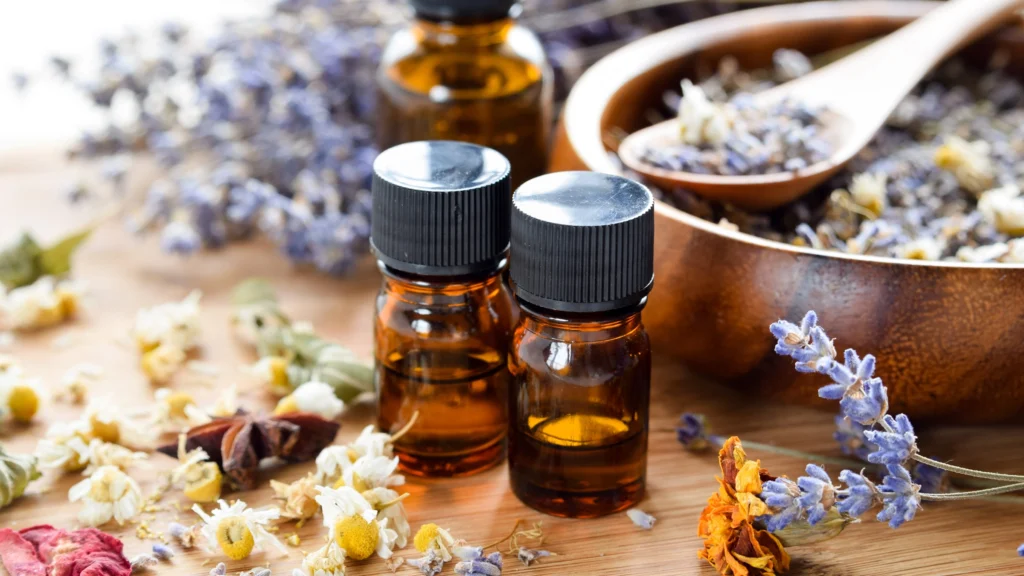
Inhalation
• Diffuser: 4-6 drops in a water-based diffuser run for 30 minutes at a time.
• Steam inhalation: Add some drops to hot water, cover your head with a towel, and inhale.
Topical Application
• Always dilute essential oils with a carrier oil (like coconut, jojoba, or almond oil; typically 1-2% dilution for adult body).
• Before using it on large areas, test the product on a small patch of skin.
• Apply to pulse points, temples, or soles of feet.
Bath Soak
If you are using essential oils, first mix the essential oils with Epsom salts and carrier oil before adding to your bath water.
Massage
Mix 5 drops of the essential oil with 10 ml of carrier oil for a soothing massage to relieve tension and stimulate blood circulation.
Caution: Essential oils should not be taken internally without the direction of a professional. Pregnant women, children, and those with certain medical conditions should check with a health care provider before using.
Embrace wellness with these lifestyle tips that go hand in hand with essential oils
Although essential oils are effective in helping manage blood pressure, they are most effective when combined with a healthier lifestyle:
• Enjoy a heart-healthy diet: Eat fruits and vegetables, whole grains, lean protein, and limit salt.
• Get regular exercise. Do at least 30 minutes of moderate activity most days.
• Reduce stress: Go for a jog, meditate, do yoga, breathe deeply, or journal
• Reduce alcohol and stop smoking.
• Sleep enough: 7-9 hours a night.
Final Thoughts
Essential oils have shown great potential as a natural adjunct to conventional hypertension therapies. Oils like lavender, ylang ylang, bergamot, and clary sage have been found to potentially relax the nervous system, soothe anxiety, and gently assist the cardiovascular system.
When used responsibly, and as a complement to a healthy lifestyle, essential oils can be a potent part of your holistic wellness tool kit. As always, check with your doctor before trying any new health regimen, particularly if you take blood pressure medication.
So, by harnessing the strength of nature, we might discover that controlling blood pressure is also a delightful process of universal self-care.

